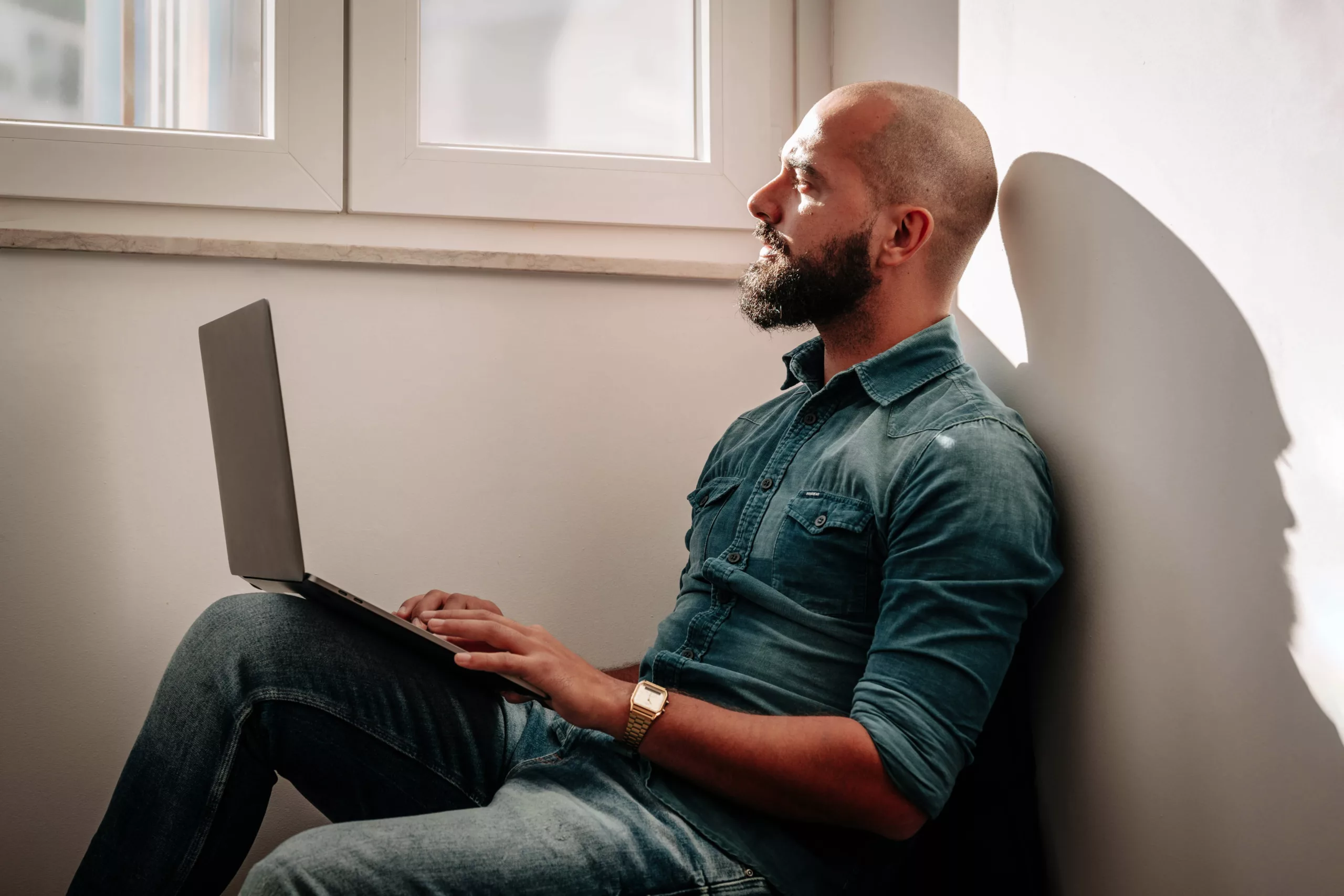When our mind plays trick or treat on us

Every year on the 31st of October, monsters and demons get a free pass to walk the streets, knock on our doors and play trick-or-treat with us. Of course, it’s Halloween! In Mexico the festivities are even bigger – this day marks the beginning of the Day of the Dead celebrations, which, despite the name, last for several days and is actually an occasion of joyful celebration rather than mourning the dead.
But October has another date that needs to be brought to the spotlight – the 10th of October. It’s a day that aims to bring awareness on how to deal with the other monsters that play trick-or-treat with us all year long. October 10th is World Mental Health Day.
“Oh, but I am not crazy, I don’t need to keep reading this,” – I feared you might think so, but stay tuned for a bit longer, at least for the trivia. I’m sure you will be glad you read the full article by the end of it.
World Mental Health Day: a much needed awareness
World Mental Health Day was celebrated for the first time in 1992 as an initiative led by the Deputy Secretary General of the World Federation for Mental Health, Richard Hunter, but its original goals were a bit vague – to promote mental health advocacy and educate the public. Beginning in 1994, each edition started to bring focus to a specific topic or initiative. The motto for this year was to enforce that “Mental health is a universal human right.”
And so you say “All good, thanks for the trivia, but I am not crazy, Rita, I don’t go to a shrink, I don’t need to…”
And here is one of the objectives of this year’s edition – to break the stigma and discrimination surrounding mental health. People who undergo psychotherapy are not crazy. They are, to some extent, ill. Do you go to the doctor when you have the flu? Well, if you don’t, the chance that you will develop a fever is very high, and in the worst case scenario, you may get a respiratory infection with long-lasting repercussions. So better not leave the flu untreated, right?
Same goes for mental health. But what is it?
Mental Health Definition
Oxford dictionary describes it as “the state of health of somebody’s mind.” How useful. “My mind is good, thank you very much.”, you retort back.
The World Health Organization (WHO) provides a better definition, framing mental health as the “state of well-being in which the individual realizes his or her abilities, can cope with the normal stresses of life, can work productively and fruitfully, and can contribute to his or her community”. On top of that, WHO includes mental healthness as a part of a healthy lifestyle: “Health is a state of complete physical, mental and social well-being and not merely the absence of disease or infirmity.” This definition is a bit more comprehensive and puts things in perspective – to be a healthy human being, one needs to be healthy mentally as well.
“Can work productively”, “Can contribute to the community”; “Can cope with the normal stresses of life”.
Let me come back to the calendar for a minute! October is also the month in which we turn the clocks backwards one hour in Portugal, and also in other parts of the world. It makes us (at least some of us…) wake up with some sunlight, but then again, by the time we leave work, it’s already dark outside! During these winter months, do you find yourself losing interest in activities you tend to enjoy? Do you feel fatigue and decreased energy? You tend to oversleep because it’s cozy and warm inside, right? Which makes you stay at home more often, almost like hibernating? And do you tend to gain a few kilos during these months? Sorry to break it to you, but you may suffer from a mild condition of Seasonal Affective Disorder (SAD). It is a mental health disorder that affects a good part of the population of northern Europe (12 million people, according to the NHS) and it is classified as a type of depressive disorder.
“Wahoa, wahoa, wahoa, chill woman! I am not depressed, I am just sad, because it is raining!”.
Yes, but what about those points listed by WHO’s definition? Are you able to work productively? Is it affecting how you participate in your community? Are you struggling to cope with the normal stresses of life? At this point, you can — and should — do something about it. The first thing to do is recognize the symptoms and act upon them, by talking to a professional
Self Care and how to improve Mental Health
Back in 2021, I went to a psychologist… No, let me rephrase this, because it is not a one-time thing. when you go to the doctor and they prescribe you a pill and you’re as good as new. Let’s try again: I started doing psychotherapy when VWDS set up its Wellbeing Program. This took place during the pandemic in which we all faced abnormal levels of stress in our lives and some of us had our productivity at work affected and experienced a changed sense of community.
In my case, why psychotherapy? Well, for the three reasons above! The stress of confinement, working from home, social withdrawal, and as if these weren’t enough, add some leftovers from a very mild but nonetheless present postpartum depression, what a mix! To this day, the WHO hasn’t yet explored the real effects that it has had on the mental health of the population worldwide.
Mental Health initiatives in the Workplace
VWDS offered its workers this free opportunity and my teammates spoke highly of the therapist, so I thought, why not? What do I have to lose? Will people call me crazy? Well, if you’ve read up to this point, you may know the answer to this.
Would I have done this on my own? Maybe not. The “but it costs money!” excuse was an easy one that I used all the time (this is an inequality that needs to be overcome, but its a topic for another article). Mental health should not be something that only the wealthy can afford, it should be accessible to everyone who may need professional help. VWDS has tackled this challenge admirably providing free healthcare within the Wellbeing Program. Even before it was made available to employees, the HR Team negotiated special conditions with our healthcare provider. This included a list of therapists with whom you could book appointments at a fixed price.
Personally, the process has taught me how to no longer play hide and seek with my own monsters and learn not to fear them, nor hide them in the closet, pretending they don’t exist. Other lessons are still in the books for me, but to wrap it up, I hope this text has made you rethink and provided some insights on mental health. Be a proactive voice in breaking the stigma surrounding mental health and the assumption that psychotherapy “is only for crazy people”.
It is a basic universal human right, for all of us.
To be healthy.
Mind, body and soul.
It is a basic universal human right, for all of us.
To be healthy.
Mind, body and soul.
References:
- https://vwds.ik-up.de/wellbeingprogram
- https://www.who.int/campaigns/world-mental-health-day/2023
- https://wmhdofficial.com
- https://www.who.int/data/gho/data/major-themes/health-and-well-being





